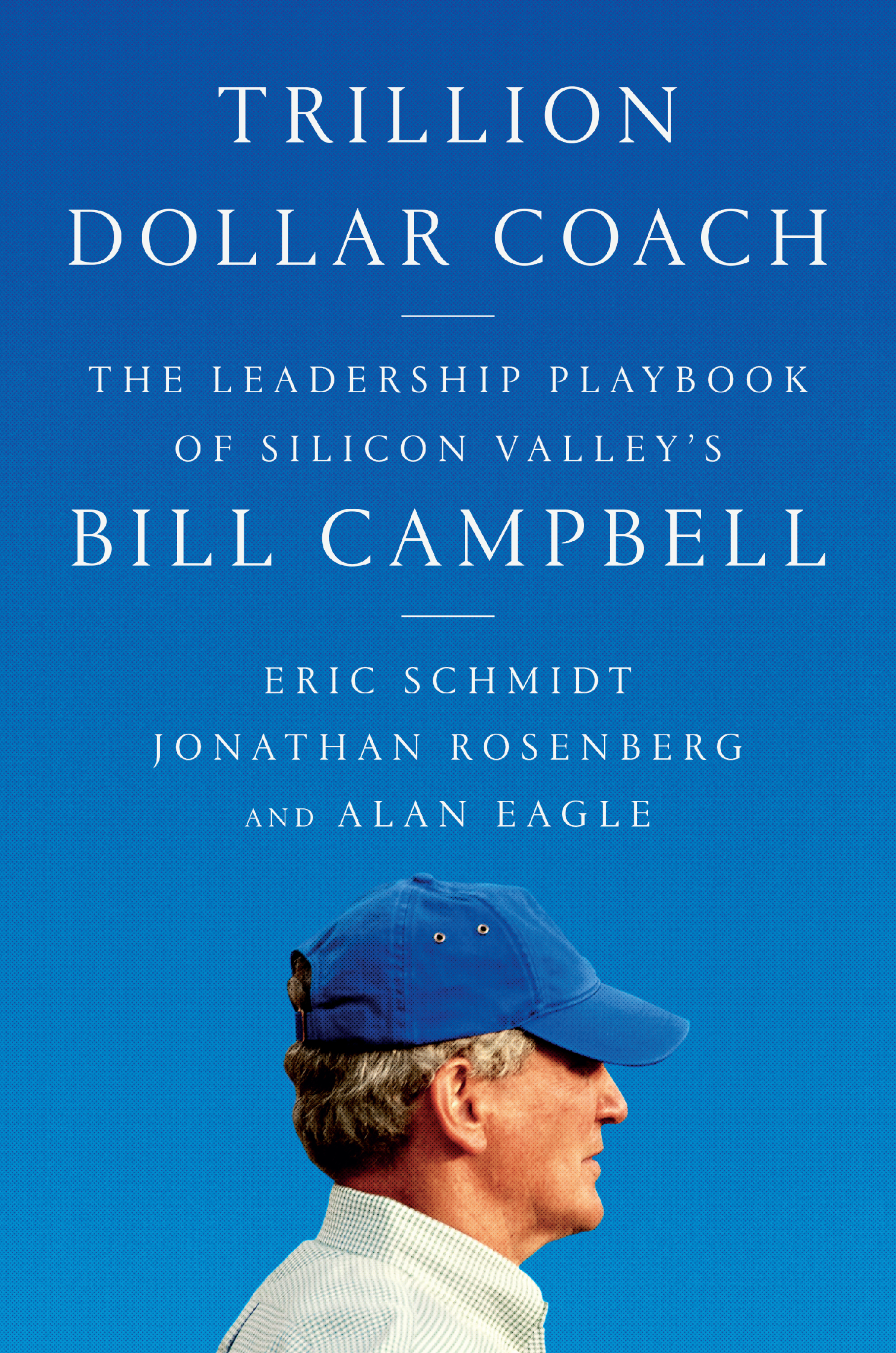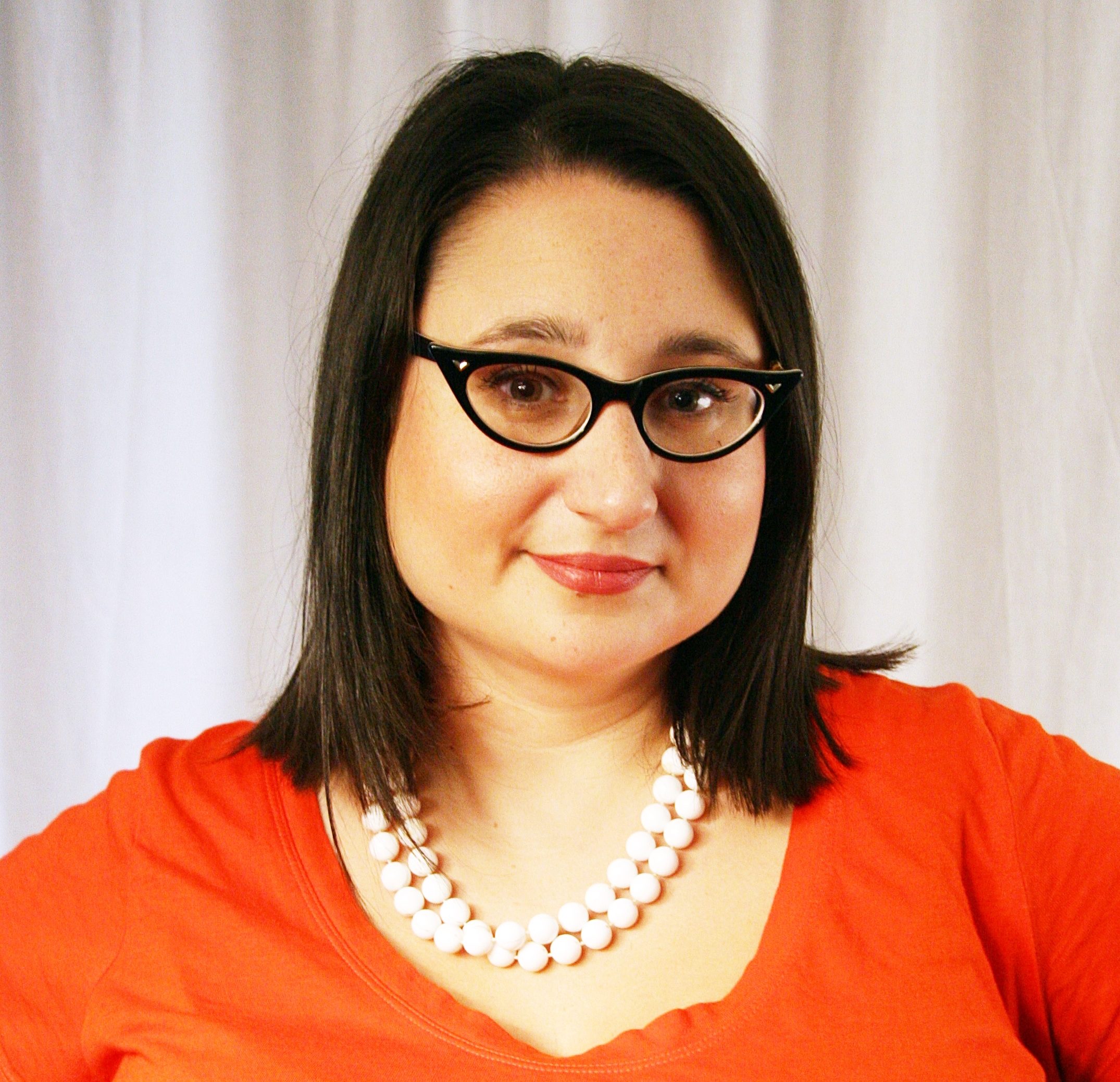When Coach Bill Campbell’s career as a college football player and coach wrapped up, he took his skillset — which included a one-of-a-kind personality and uncanny intuition — to Silicon Valley, where for more than 15 years, he coached everyone from Steve Jobs to Sheryl Sandberg, Tim Cook, and many other major tech leaders.
This list includes three leaders from Google: former CEO Eric Schmidt, former senior vice president Jonathan Rosenberg, and director Alan Eagle. Following the success of their best-selling book How Google Works, the three authors collected hundreds of stories and lessons from more than 80 people who worked with Campbell, and the result is a new book: Trillion Dollar Coach: The Leadership Playbook of Silicon Valley’s Bill Campbell. Though the book focuses on providing tools for managers and forward-thinking business leaders for creating higher-performing and faster-moving teams and companies, its lessons can just as easily apply to life outside the boardroom. And much of it comes down to trust.
There has been a lot of research, including a frequently-cited 2000 study from Cornell University, on how trust is not only a crucial aspect of leadership, but also the first thing you need to establish in order to make a relationship successful. “Perhaps the most important currency in a relationship — friendship, romantic, familial, or professional — is trust,” the authors write, explaining that this was especially true with Campbell.
If he didn’t trust you, then you didn’t have a relationship with him. On the other hand, if you did earn his trust — and vice versa — it was the basis for all other aspects of your relationship. In fact, they note that trust was Campbell’s superpower, writing: “He was great at establishing it, and once established, he was great at honoring it.” Fortunately, the book is full of lessons for building a culture of trust with your team. Here are three of our favorites:
Only coach the coachable
Campbell innately understood that it is a waste of time and energy to coach someone who isn’t open to it. He believed that effective leaders grow over time, and sought candidates who were honest, humble, willing to work hard and persevere, and were constantly open to learning new things.
Campbell realized that coachable people can see themselves as a part of something bigger than themselves. Though it sounds like this precludes anyone with an ego, that isn’t so: Campbell believed that you can have a sizeable ego and still see yourself as part of an even larger cause.
Be an active listener
If you want to be an effective leader and built trust among your team, a huge part of that is being an active listener — or, as Alan Eustace, former senior vice president of knowledge at Google, referred to Campbell’s approach, “free-form listening.” Part of that means being truly present when you’re talking to people at work — no checking email, devices, your watch, or what’s going on out the window.
The other aspect is taking the Socratic approach of asking a lot of thoughtful questions that promote discovery and inquiry — but only after carefully listening to what each person has to say. Former Vice President Al Gore says he learned from Campbell how “important it is to pay careful attention to the person you are dealing with . . . give them your full, undivided attention, really listening carefully. Only then do you go into the issue. There’s an order to it.”
Don’t tell people what to do
Once Campbell listened to someone and then asked questions, he didn’t just start spewing advice or solutions to their problems. Instead, he told them stories related to the issue at hand, and let people draw their own conclusions. He believed that managers shouldn’t simply walk into a meeting with an idea and — in Campbell’s words — “stick it in their ear.”
As Dan Rosensweig, CEO of Chegg (who was coached by Campbell), explains: “When people understand the story they can connect to it and figure out what to do. You need to get people to buy in.” Similarly, YouTube founder Chad Hurley notes that Campbell’s storytelling in lieu of doling out advice was another aspect of him being a present, active listener and building trust. “He would talk about things that had happened to him,” Hurley says. “He wasn’t trying to preach, just to be present.”

Follow us here and subscribe here for all the latest news on how you can keep Thriving.
Stay up to date or catch-up on all our podcasts with Arianna Huffington here.


